KNOW Homelessness Campaign
-
In early 2019 we worked alongside over fifteen non and for profit partners to conceptualize, design, and execute a multi-regional campaign to change the conversation around homelessness in Louisville and Southern Indiana. The KNOW Campaign ignited a conversation across state borders and social media, deepened and repaired relationships between non and for profit partners, and generated real, material benefits for the non-profits on the ground working to end homelessness in our time.
Our driving vision for the creative package: spark a regional conversation about the issue(s) of homelessness by generating exposure, education, and engagement with the problem.
Early in the campaign, we identified the need for an activation environment that could allow us to get our messages across to audiences and really drive them to come face to face with our data, messaging, and content. This should be a site known for encouraging public discussion. Coffee shops became our target. We had numerous willing coffee shops on board as partners spread throughout Southern Indiana and Louisville. Additionally, we considered that coffee shops are often spaces of refuge for those experiencing homelessness. That intersection drives social interaction, conversations, the need for resources.
After bringing our coffee shop partners on board, we provided training to help their staff understand how they should interact with our campaign. We provided the coffee cups, stickers, and resources for their teams to use in the shops.
The KNOW Campaign ignited a conversation across state borders and social media, deepened relationships between non and for-profit partners, and generated real, material benefits for the non-profits working to end homelessness.
In our post-campaign interviews with partners, they told us that exposure resulted in
1) real financial gains in a time when COVID challenged them (increased donations)
2) development of better or new relationships with partner orgs across the region
3) gained media exposure
-
Strategy
Campaign Concept
Photography
Film Direction
Post-Production/Editing


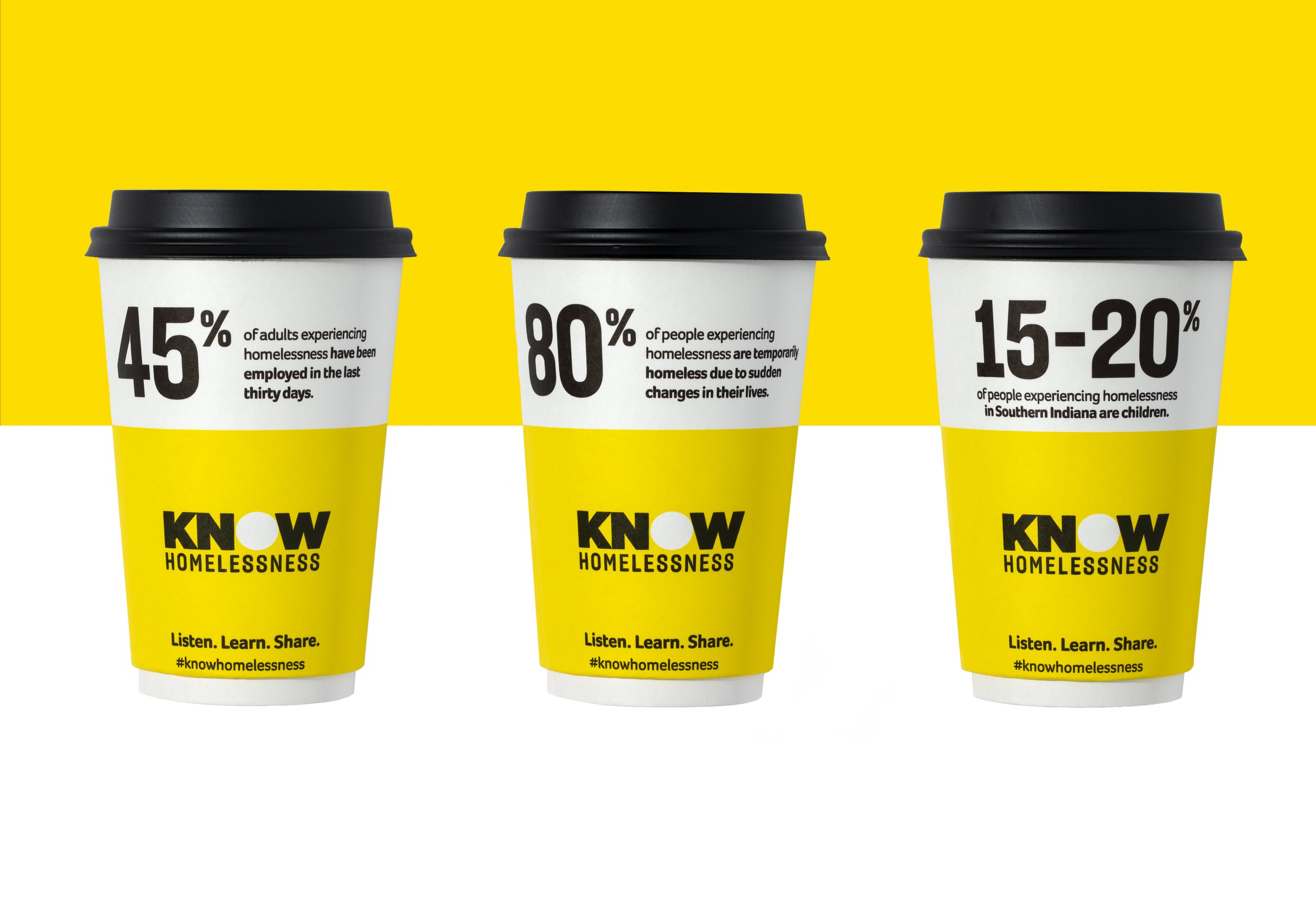
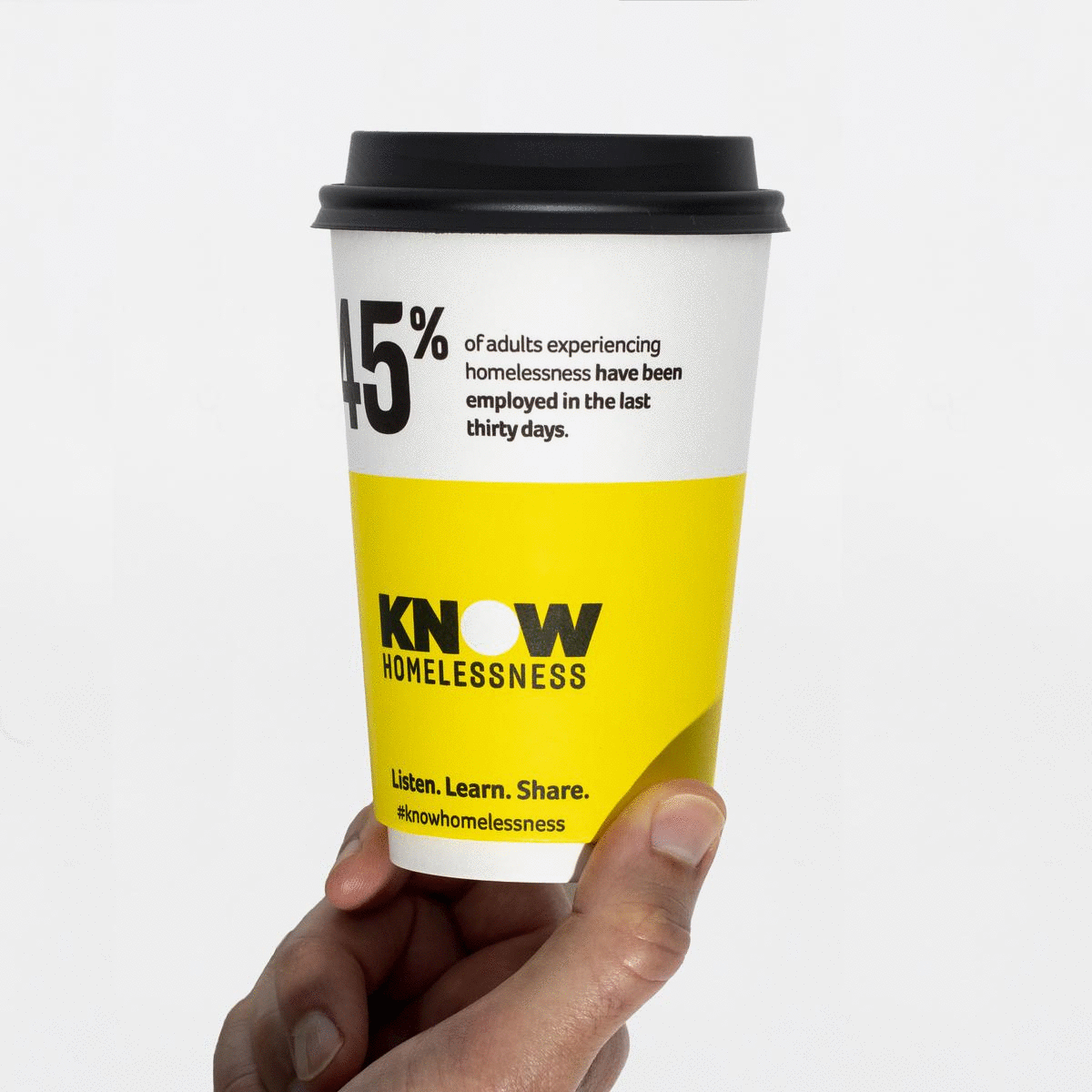

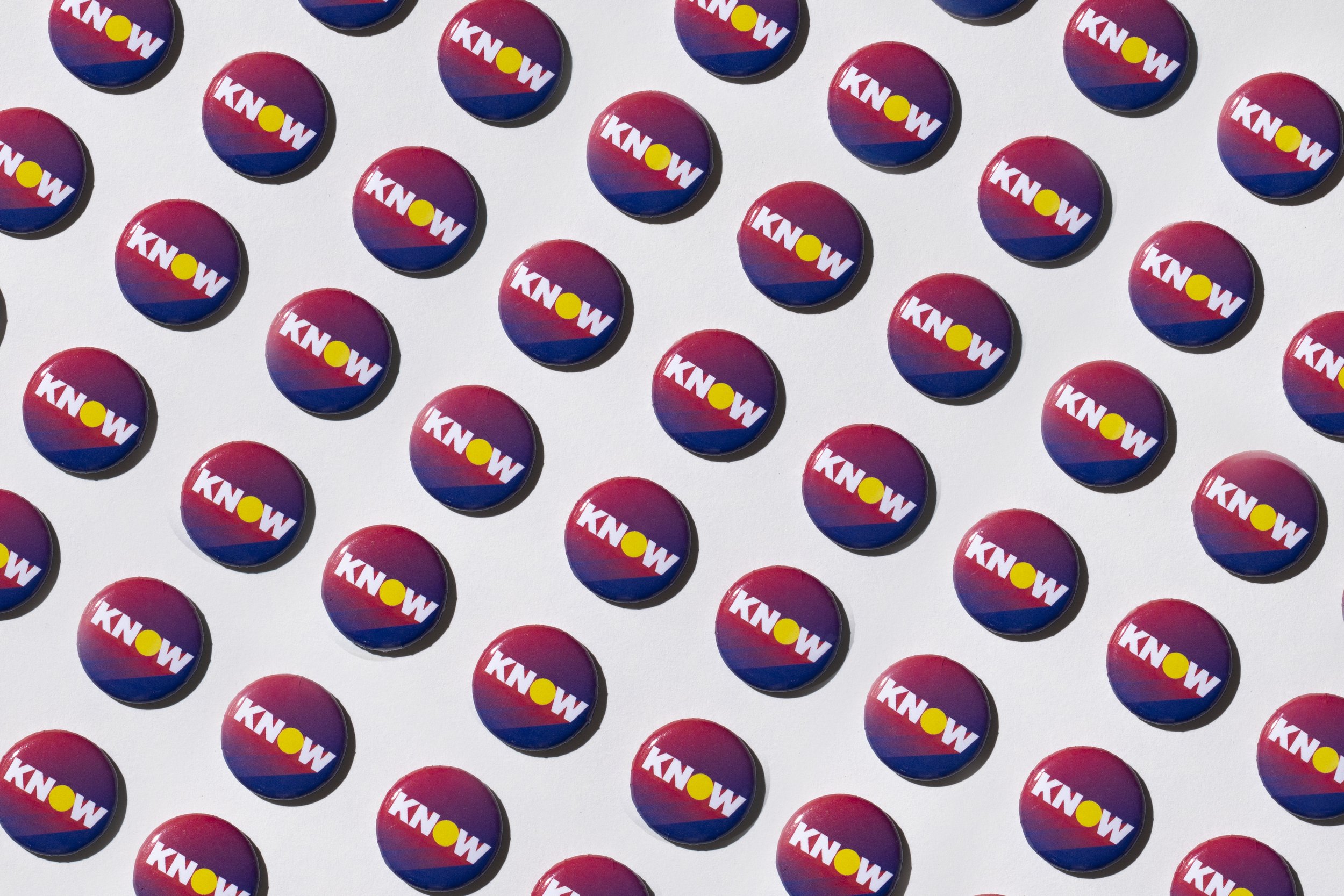


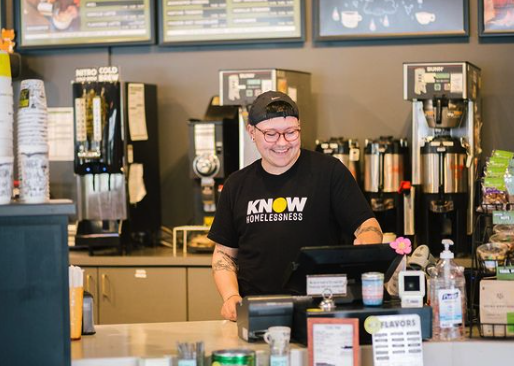

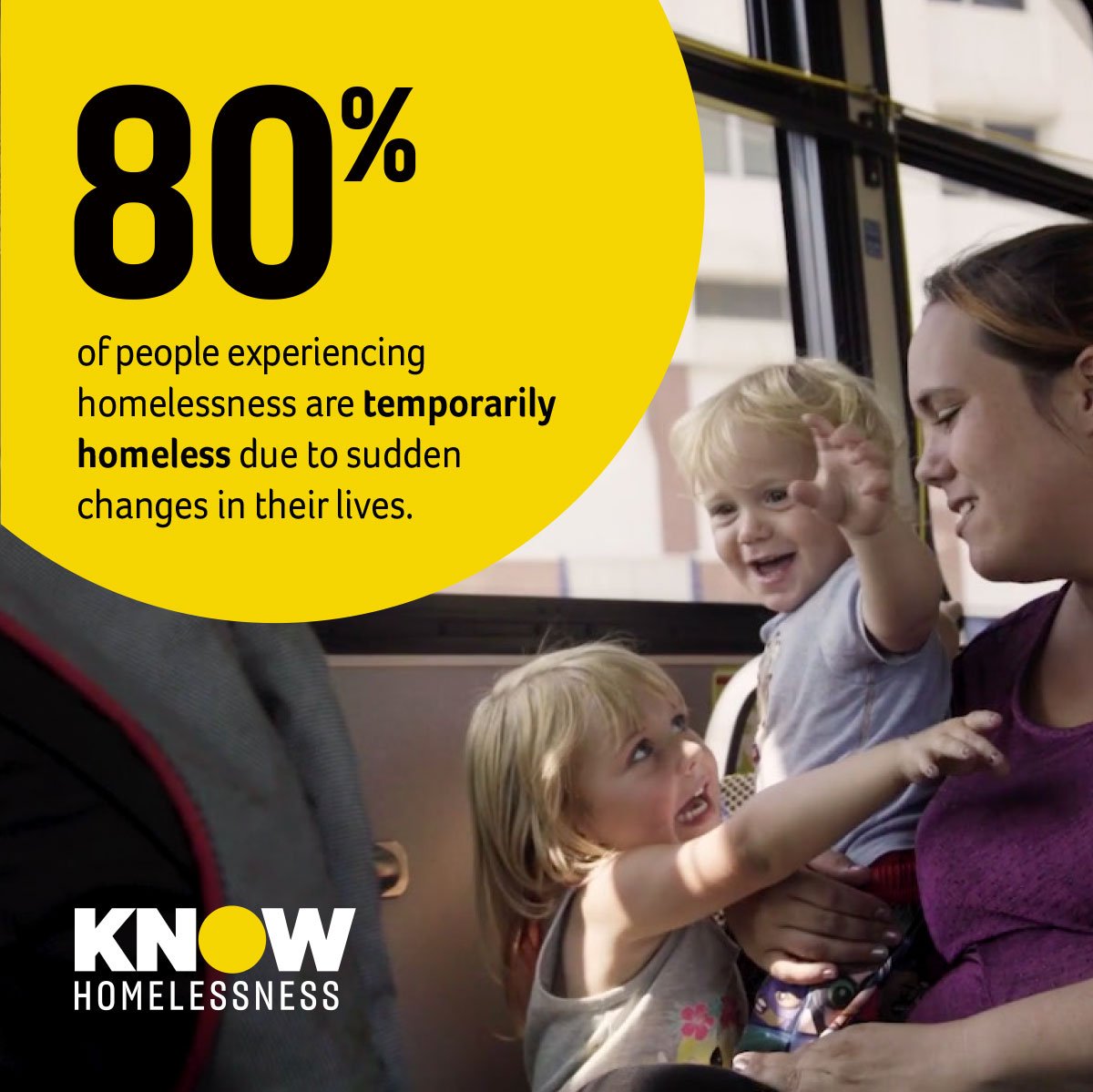
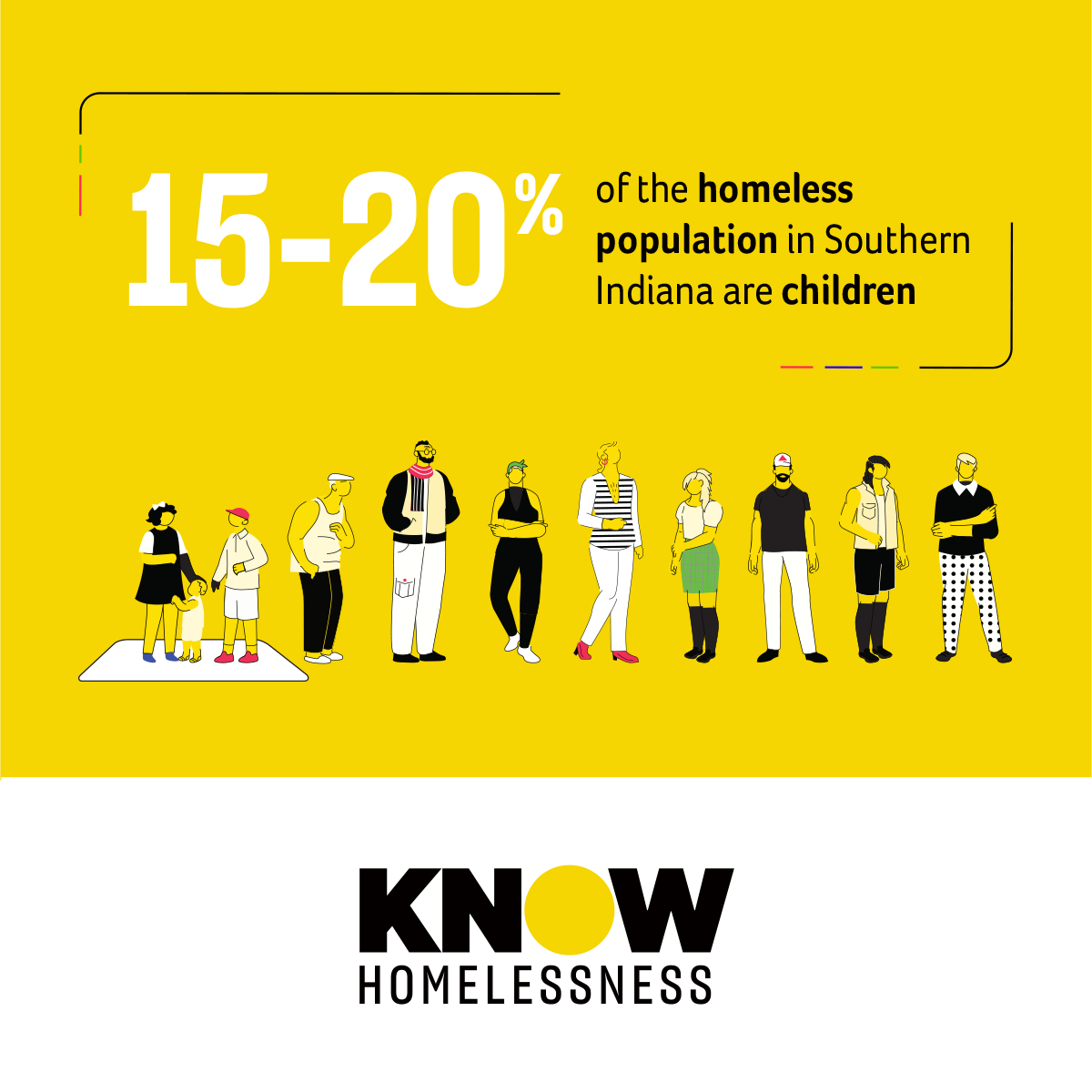
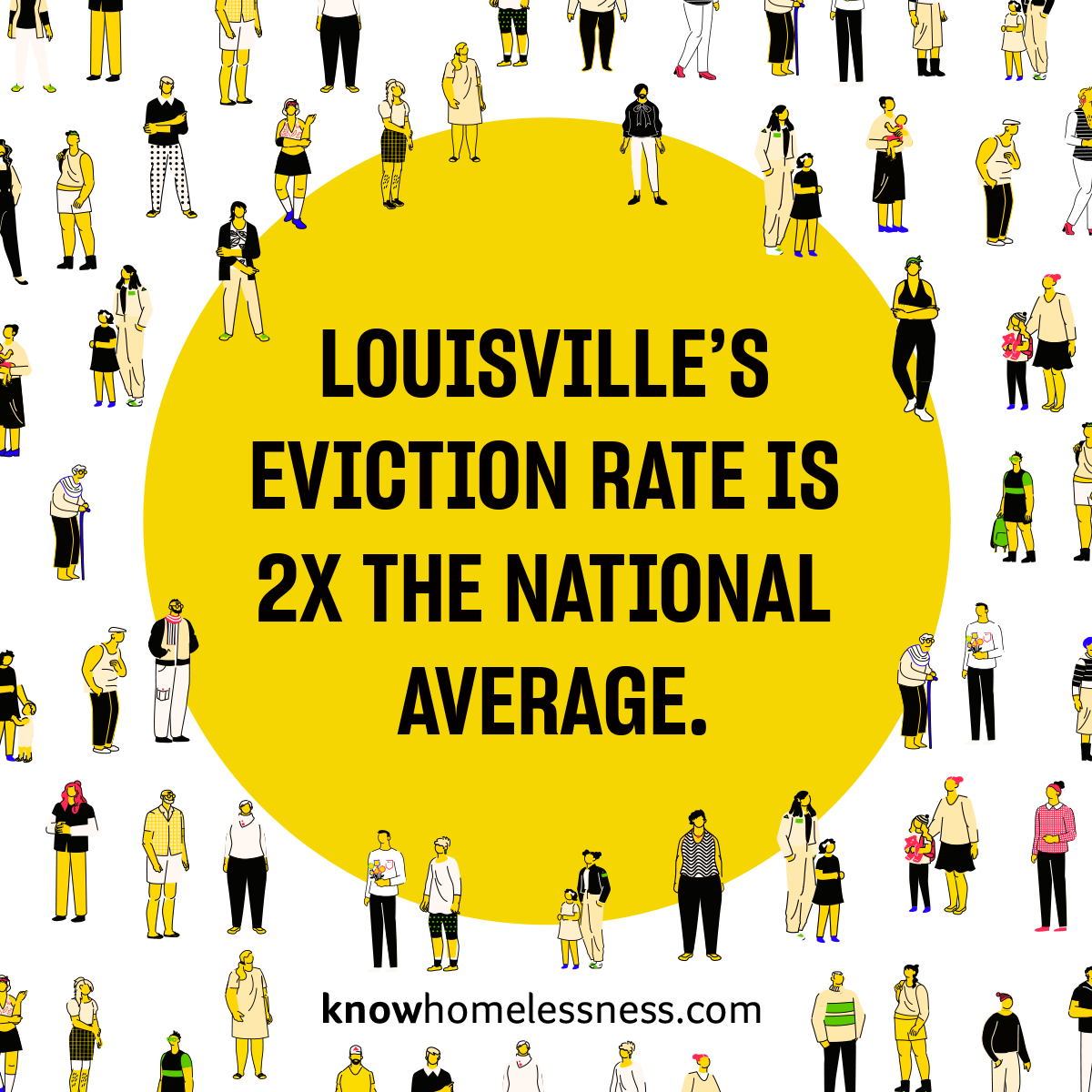

“I think of KERTIS as elevating existing stories in my community, rather than telling the stories about my community. That distinction is really important to me as someone who has worked in community organizing, housing advocacy, and homeless services for over 25 years. KERTIS does the on-the groundwork of building authentic relationships, deep and reflective listening, and inclusion so that instead of creating a story about you or your community, the story you need to tell reaches new platforms and new audiences. The non-profit advisory board of the KNOW Homelessness Campaign is only one example of how attentively they do this work. The KNOW Homelessness Campaign has significantly expanded the reach of our stories and our work.”
— Jane Walsh, Director of Mission Advancement, St. John Center

